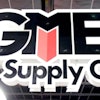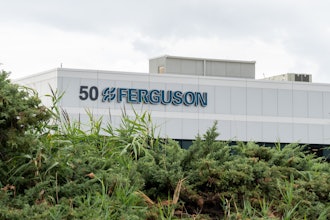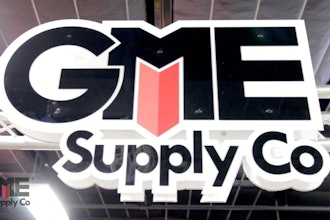Industrial Distribution speaks with Will Oberton, CEO, Fastenal as part of ID 's Executive Q&A Series.
|
Will Oberton, CEO, Fastenal |
ID: What is the most misunderstood aspect of your industry?
WO: I think there are two things: One, how large it is. Unless you’re involved in the industry itself, most people don’t even know it exists—as I didn’t when I was young, before I came to work here. The other most misunderstood aspect relates to the variety and complexity of the products that are used in the industry and distributed through channels like ours. It’s amazing that we can have a giant catalog, and somebody else can have a giant catalog, and it’s different stuff. There are very few industries that have the sheer number and variety of parts that industrial distribution has.
ID: When did you begin your career in this industry, and in what capacity?
WO: I started here at Fastenal in 1980 as a store manager trainee. We were a $2 million annual business with 35 employees. I’ve seen a lot of growth over the years.
ID: What would you consider to be the biggest changes you’ve seen the industry face throughout your career?
WO: I think the biggest change would be information—basically computerization information, and how you use it. Through the 1980s, it was starting with part number products and classified products—somewhat like the grocery industry did in the 1960s. Then through the 1990s and this last decade, it was about how you use that information to improve your business and connect with your customers. For the most part, the products that we sell—though there are different brands and different technology—haven’t changed a whole lot in my 30-year history. The information and access availability and use has changed how we go about the business.
ID: Why might you recommend the industry as a career choice for the younger generation?
WO: Because it’s challenging, and I’m one that loves a challenge. Also, because it’s stable. I think it’s going to be around for a long time. Probably because it’s what I’ve done, but I think it’s great to go with one company and work a long time. I believe the industry is going to be here a hundred years from now, as long as we have industry. There are great opportunities for young people, or anyone… you can grow with the business and it’s challenging, stable work that, if you do well, you can make a lot more money in the future and be challenged every day.
ID: What is the best idea you’ve seen your team implement in the past year?
WO: Industrial vending. We implemented it more than a year ago, but we’ve really turned up the volume. I am personally convinced that it’s a game changer for the industry. It’s going to be probably the biggest change in how product is distributed, for our type of product, in the last 100 years, because it’s a better way for customers to access product and it’s a better way for us to deliver product. We’re very aggressive with that, our team is putting together a great plan, and I think 5 or 10 years from now, everybody is going to look back and say ‘Remember when we didn’t even have vending?’
We’ve built our business with 2,500 small stores; this is a direct extension of that small store; we’re putting an even smaller store in the customer’s site in the form of vending machines, lockers, and automated dispensing equipment. The better we become at it, the better the inventory selection and processes will be and, at some point, most of what the customer needs will be right at their fingertips and they pay as they go. I think we’re uniquely positioned, we have great systems, and great momentum in a system that could probably change the entire industry. I’m excited about it, as you can probably tell.


















